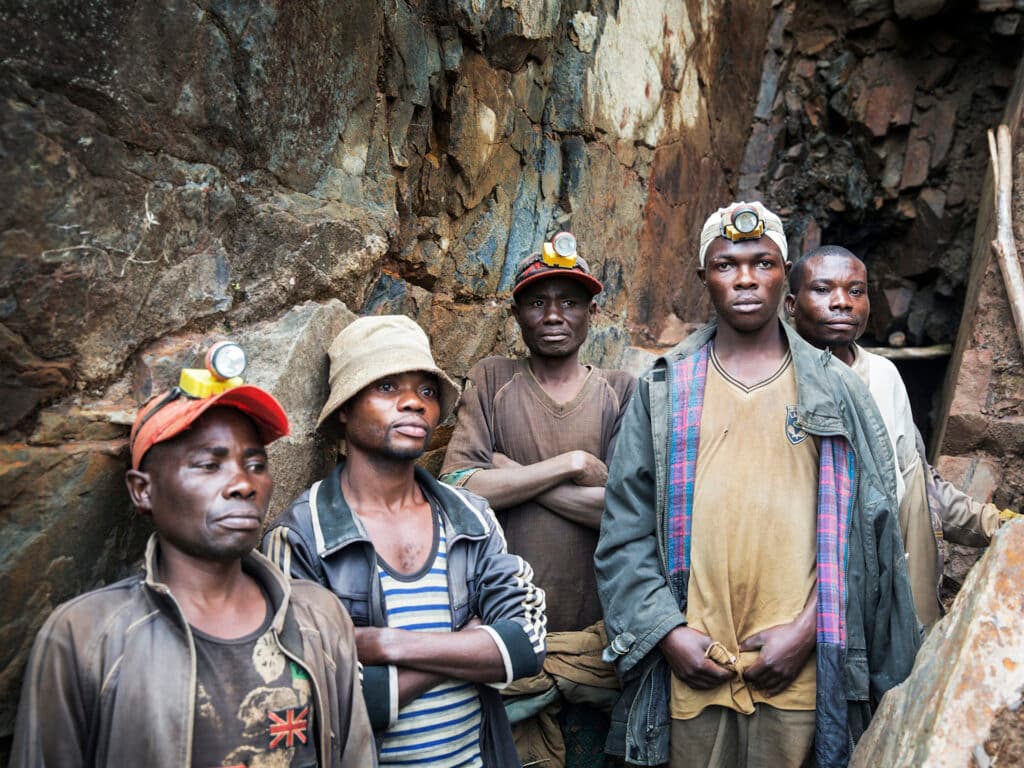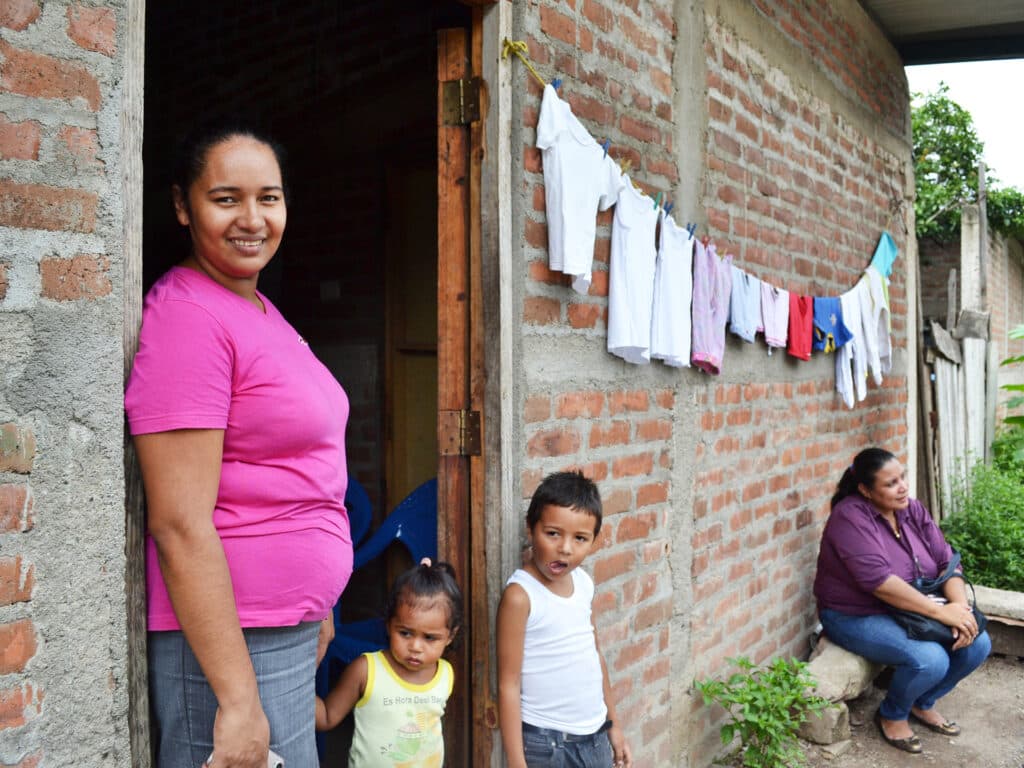
The movement of capital from poor countries
Hundreds of millions of dollars needed for the work to fight poverty disappears from poorer countries each year. This money often ends up in bank accounts in rich parts of the world. Abolish tax havens, and demand that multinational corporations do not withhold essential tax revenues from poorer countries.
From the poor to the rich countries
Developing countries have a large deficit with respect to the money required to achieve the UN´s Millennium goals. At the same time, hundreds of millions of dollars per year flow out of developing countries, via both legal and illegal routes. Estimates show that for every SEK 1 given in aid to developing countrs, around SEK 10 go in the other direction - back to the rich countries. (Source: The European network, Eurodad.) These resources are needed to bolster the capabilities of developing countries to fight poverty. But as things stand, a large proportion of this money goes instead to tax havens that offer confidentiality and non-existent taxation.
Corruption a minor part of capital flight
Two thirds of capital flight from poor countries takes place in the commercial activities of large corporations. Only a very small percentage (5 percent in 2008) of the flight is due to corruption, where the political elite steal from the state treasury and place the money in tax havens – in many cases Western banks.
The loss of this capital has extensive consequences for the capacity of these countries to provide poor people with the services they need. This becomes an obstacle to development because these resources are needed to promote enterprise and investment in the poorer countries own economies.
The EU's responsibility to deal with tax havens
The EU bears particularly great responsibility when it comes to dealing with tax havens as several of them lie within EU's borders. To date, only a few guarded attempts to map tax havens have been made. The fact that tax havens form an integral part of the global economy explains why so little has been done.
The global financial crisis has hit poorer countries the hardest. The number of extremely poor and undernourished people in the world has grown. The financial crisis is a result of the same unregulated system that makes capital flight possible and allows tax havens to exist.
Diakonia is working for the adoption of aggressive policies aimed at stopping the flight of capital from developing countries and promoting the domestic mobilisation of resources.



